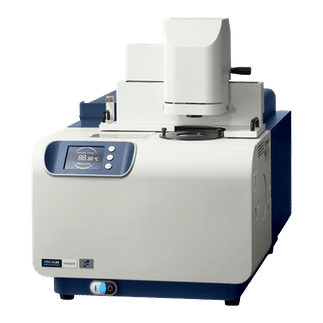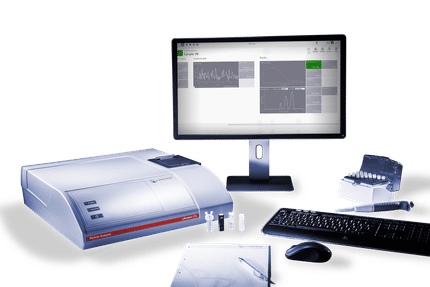To use all functions of this page, please activate cookies in your browser.
my.chemeurope.com
With an accout for my.chemeurope.com you can always see everything at a glance – and you can configure your own website and individual newsletter.
- My watch list
- My saved searches
- My saved topics
- My newsletter
Adduct
An adduct (from the Latin adductus, "drawn toward") is a product of a direct addition of two or more distinct molecules, resulting in a single reaction product containing all atoms of all components, with formation of two chemical bonds and a net reduction in bond multiplicity in at least one of the reactants. The resultant is considered a distinct molecular species. Examples include the adduct between hydrogen peroxide and sodium carbonate to give sodium percarbonate, and the addition of sodium bisulfite to an aldehyde to give a sulfonate. Product highlightAdducts often form between Lewis acids and Lewis bases. A good example would be the formation of adducts between the Lewis acid borane and the oxygen atom in the Lewis bases, tetrahydrofuran (THF) or diethyl ether: BH3•THF, BH3•OEt2. Adducts are not necessarily molecular in nature. A good example from solid-state chemistry are the adducts of ethylene or carbon monoxide of CuAlCl4. The latter is a solid with an extended lattice structure. Upon formation of the adduct a new extended phase is formed in which the gas molecules are incorporated (inserted) as ligands of the copper atoms within the structure. This reaction can also be considered a reaction between a base and a Lewis acid with the copper atom in the electron-receiving and the pi-electrons of the gas molecule in the donating role [1]. References
Categories: Chemical reactions | Solid-state chemistry |
| This article is licensed under the GNU Free Documentation License. It uses material from the Wikipedia article "Adduct". A list of authors is available in Wikipedia. |







